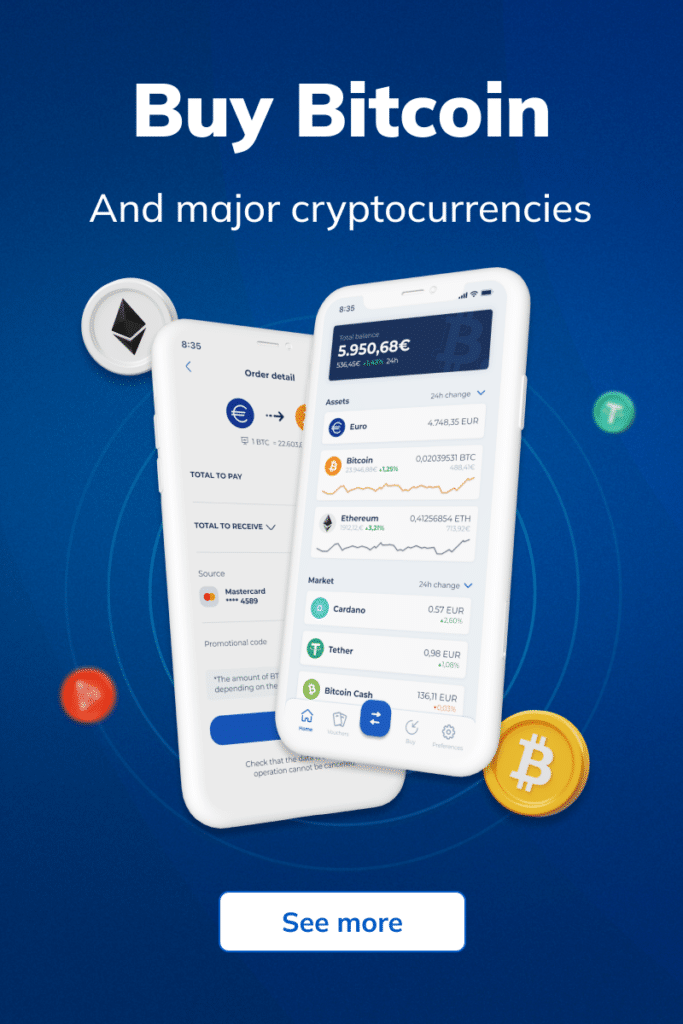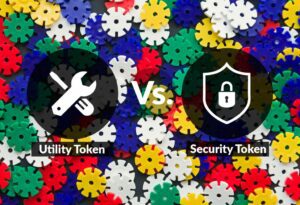
Table of Contents
ToggleToday I will talk about what a Utility Token is and how it differs from the rest of the tokens, in this way you can understand what purpose or value each one of them has.
But before understanding what a utility token is, it would be good to summarize in a few lines what a token is as a general concept:
“A token is an object with a given value only within a context. The clearest example? The casino chips. These tokens are pieces of plastic that are worthless outside the casino walls, it is precisely in this context that their value is agreed and they end up being the representation of something. “
There are different types of tokens but they all represent something in a particular ecosystem. They can represent value, credits, voting rights, or whatever.
Now that we are more clear about what a token means, let’s talk about what a Utility Token is.
Utility Token
In the case of a Utility Token or Utility Token, it is a token whose main objective is not to generate expectations of obtaining economic benefits. It is aimed at offering a specific utility on a platform or application, which gives rights to the use of certain products or services.
A good example is the BAT (Basic Attention Token) token, which is used to access various services provided by the project. Among other things, it can be offered as a reward to reward content creators while using the Brave browser (eg if you like a tweet you can tip it in BAT).

The utility token and its use in ICOs
These types of token have also been used on many occasions to obtain financing for a new project or development in the so-called Initial Coin Offering or ICO (Initial Coin Offering).
People who want to launch a new business or project offer utility tokens to users who invest in it prior to launch.
Then both parties benefit, on the one hand the company manages to raise more money for the launch and users get great future post launch benefits.
For example, Filecoin raised $ 257 million through an ICO that post-launch allowed token owners to access its decentralized cloud storage platform.
Utility token issues and challenges
It is true that a Utility Token is an excellent resource to obtain financing for different types of projects but this also carries a risk that in many cases can be excessive.
This was the case during the ICO boom in 2017, where any project launched its own Initial Coin Offering to obtain financing and users invested in almost everything they saw.
Many of these projects promised to meet unattainable targets or lacked sufficient regulation. Thus, many people were exposed to losing part of their investments due to negligence or because the projects did not raise the necessary amount to start.
The main problems of utility tokens can be summarized in 5 points.
– If the project does not work, the tokens lose all their value.
– They do not encourage the adoption of cryptocurrencies
– There is no “natural mechanism” to increase the value of a token.
– There are projects that cannot be financed and investors lose their contributions.
– In many cases the creators of the projects have an excessively centralized power over the tokens and make decisions in an authoritarian way.
From Bitnovo you can also buy some utility tokens, such as chiliZ ($ CHZ) than an ERC20 utility token on the Ethereum Blockchain and serves as digital currency within the platforms of chiliZ and Socios.com




